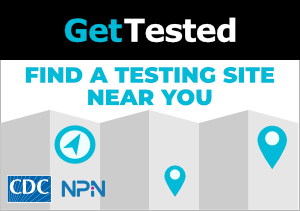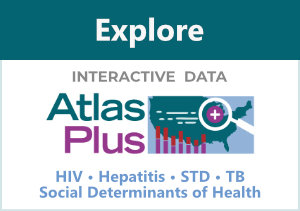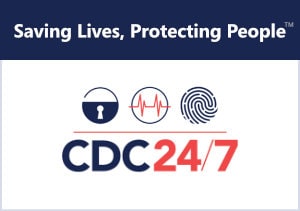Harmonizing Public Health Messages in Philadelphia through Social Media
PCSI Success Stories
Strengthening Collaboration and Service Integration in Philadelphia
Communication plays a pivotal role in effective public health. In particular, harmonizing prevention messages for diseases that share common modes of transmission is essential. Too often, siloed programs within the same health department may spend time and resources to develop public information that is, at best, duplicative, and at worst, contradictory. To address this problem at the Philadelphia Department of Public Health (PDPH), a Communications Specialist was hired to develop and coordinate all public information and outreach activities performed by viral hepatitis, HIV, STD, and TB program areas. This position was supported by PDPH’s Office of Program Collaboration and Service Integration (PCSI).
Progress
A newly hired PCSI Communications Specialist worked across program areas to develop a social media campaign to promote prevention messages to target audiences, support updates to websites and interactive online venues, and evaluate the success and impact of these efforts. The Communications Specialist implemented innovative prevention messages that were accurate, consistent, up-to-date, and culturally appropriate. Fresh messages were posted regularly on Facebook, Twitter, and other social media outlets, and promotion was ongoing for interactive discussions that were timely and thought-provoking.
Successes/Outcomes
PDPH’s greatest public health communication success was to deliver public health messages directly and quickly to a target audience by using social media platforms such as Facebook, Twitter, and YouTube. One example is the “Take Control Philly” STD Control Program initiative. In response to the rising rates of STDs and HIV infections among adolescents in Philadelphia, PDPH launched a sexual health website, Take Control Phillyexternal icon, for teens and created a Facebook page to connect with youth and lead them to the Take Control Philly websiteexternal icon.
The website serves as an educational tool about STDs, sexual health, and STD testing, and provides referral and resource information. The site also promotes prevention messages and allows youth (ages 13–19 years) to mail-order condoms and/or find locations of condom distribution sites.
The Facebook page promotes open dialogue among teens visiting the page as they respond to prompts posted by the PCSI Communications Specialist. The Facebook page is a social way of interacting with teens and allowing them to interact with each other, in real-time, while providing core public health messages. Nearly 90,000 people have visited the website; more than 10,000 youth have been connected to the “TakeControlPhilly” Facebook page; and approximately 125,000 condoms have been mailed to teens 13–19 years of age, since the program launched in April 2011.
Expansive use of social media to market prevention messages to teens has fostered open discussion with youth about sexual health and provided an avenue to promote condom distribution efforts. The launch of the “Take Control Philly” campaign has contributed to STD rates declining 15–30% among teens during the campaign period.
Currently, the success of this youth-targeted campaign is being replicated in an initiative called “3forMe.” The purpose of the “3ForMe” initiative is to promote free HPV (human papillomavirus) vaccination among teenagers between the ages of 13 and 18 years. PCSI staff and health department program managers and leaders worked collaboratively across STD Control and Immunization programs to transfer and replicate successes and best practices from one campaign to the other.
Lessons Learned/Next Steps
Communication is essential to public health work. Having a communicator that works across diseases is even better and results in many benefits, such as:
- Assuring accuracy and consistency in messaging;
- Eliminating redundancy in public information, campaigns, and programs by coordinating communication needs and strategies through one central focus point; and
- Allowing PDPH to have a daily and vibrant presence on social media.
PDPH’s next steps are to continue strong support for communication efforts with a focus on impact and to develop a social media strategy for reducing rates of HIV and STDs among young MSM of color.
For more information, please contact:
Caroline Johnson
PCSI Champion Division of Disease Control Philadelphia Department of Public Health 215-685-6740
Caroline.johnson@Phila.gov
Printable PDF versionpdf icon of PCSI Success Story


